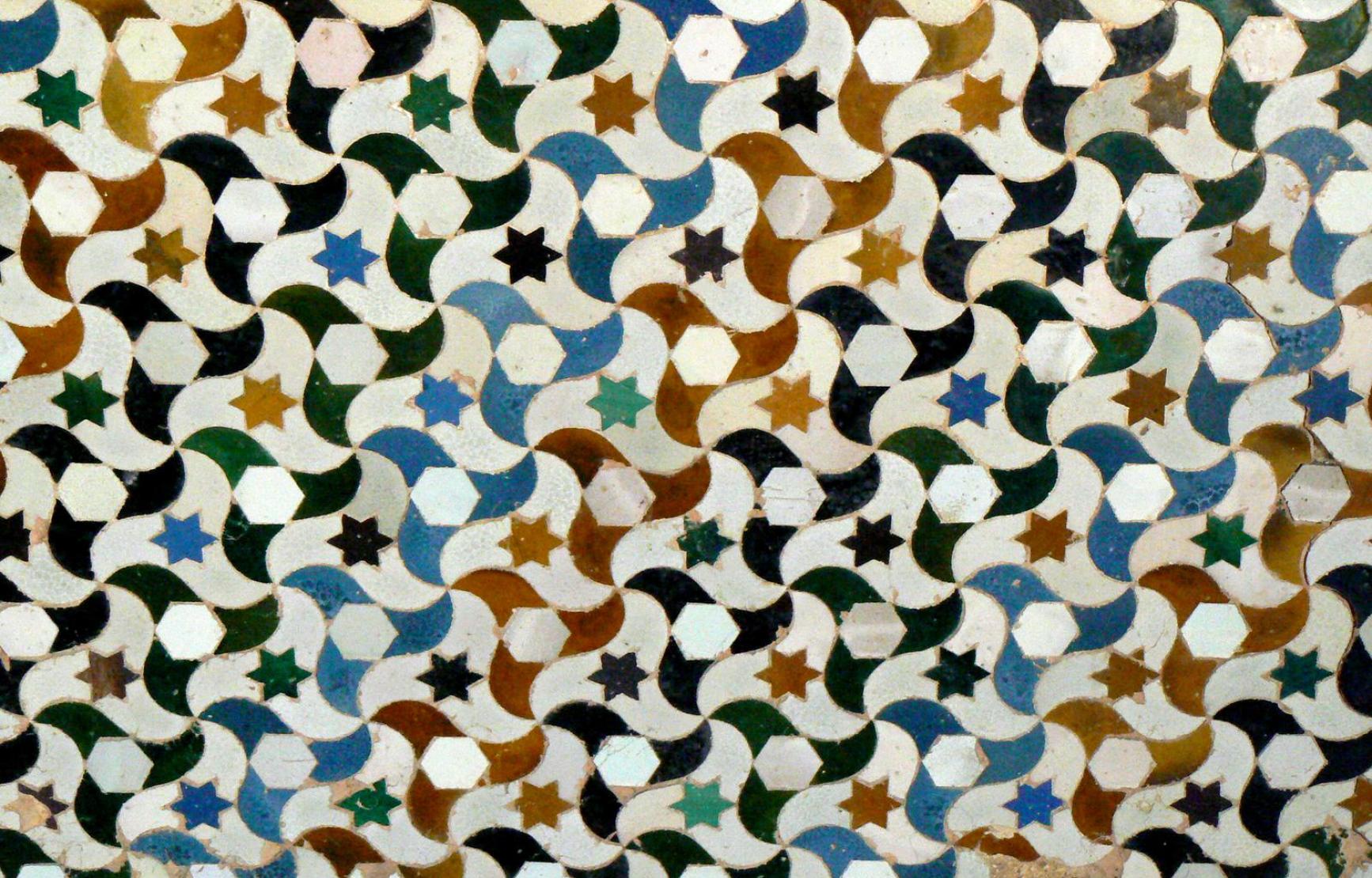The Algebra and Number Theory Seminar is structured to include talks on a broad range of mathematical areas that are of interest to algebraists and number theorists, including analytic and algebraic number theory, algebra, combinatorics, algebraic and arithmetic geometry, cryptography, representation theory, and more. Talks are given by a variety of local, national, and international speakers in number theory and related areas.
See below for upcoming seminars or access the seminar archive.
Organizers
Mary Flahive, Clayton Petsche, Thomas Schmidt and Holly Swisher
Timing
We traditionally meet every Tuesday at 11:00 a.m.
